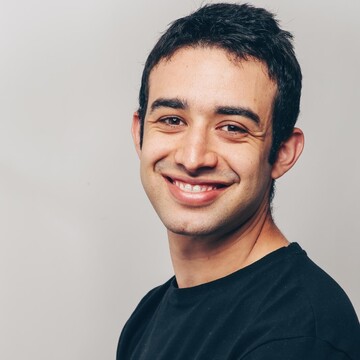
Zur Person
Yotam Givoli ist ein Deutsch-Israelischer Doktorand am Lehrstuhl für Neuere und Neueste Geschichte. Er ist Absolvent der Universität Cambridge mit einem MPhil-Abschluss. Seit Oktober 2023 schreibt er regelmäßig für das Magazin MAKROSKOP.
Promotionsprojekt
Der Ursprünge einer politischen Rivalität. Rentier- und Anti-Rentier-Politik in Preußen und Deutschland, 1851-1874
Das Promotionsprojekt untersucht, in welchem Ausmaß und auf welche Weise die herrschende Allianz zwischen Finanz- und Agrarrentiers und Handwerkern in Preußen und im jungen Deutschen Reich in der postrevolutionären Ära herausgefordert wurde. Darüber hinaus werden Schlussfolgerungen in Bezug auf die These des „Verrats der Bourgeoisie“ daraus gezogen. Der Betrachtungszeitraum erstreckt sich von 1851, unmittelbar nach der Olmützer Punktation, bis zur protektionistischen Wende von Bismarck im Jahr 1875.
Die Forschung verbindet dazu Ansätze der Sozial-, Politik- und Ideengeschichte und bindet sie an die politischen Ziele und Strategien einiger weniger, einflussreicher Protagonisten zurück. Als Quellen dienen dieser Forschung die Nachlässe der zeitgenössischen Beteiligten, staatliche Archivalien sowie Zeitungen und Memoiren.